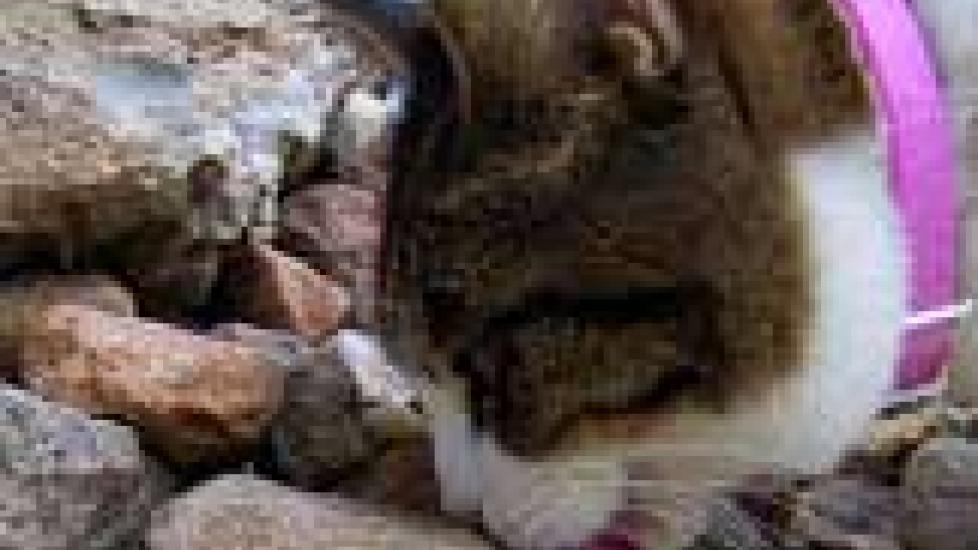Should Your Cat Be Taking a Multivitamin?
According to the 2011-2012 APPA National Pet Owners Survey, the average cat owner spends $43 dollars a year on vitamins, while dog owners put out $95 annually. But is this money well-spent? Just because a product is widely used doesn’t mean that every pet benefits from it.
Like most things in life, vitamins and minerals are neither wholly bad nor wholly good. They are important to maintaining health, but both deficiencies and excesses can be dangerous.
When it comes to vitamins, excesses are primarily a concern with the fat-soluble vitamins A and D. The body is better at storing than eliminating these vitamins, so over-supplementation can lead to health problems over time. Take vitamin D as an example. Cats that get too little can develop skeletal abnormalities, paralysis and other problems. On the other hand, too much vitamin D causes gastrointestinal issues and calcification of soft tissues.
Water soluble vitamins, however, do not pose much of a risk of over-supplementation since the body can quickly get rid of the excess in the urine. The biggest downside here is wasted money ("really expensive pee," as I heard it described one time). Maintaining an adequate and regular intake of water soluble vitamins is important because the body does not store them well, but responsible pet food manufacturers make sure that their foods contain healthy amounts of vitamins and minerals — not too much and not too little.
In the case of minerals, both deficiencies and excesses are cause for concern. To complicate matters, high dietary levels of one mineral often interfere with the uptake or utilization of another. This is true for phosphorus and calcium, copper and iron, phosphorus and sodium, zinc and magnesium … the list is seemingly endless.
There are times when vitamin and mineral supplements are a good idea, however. Examples include:
- Your cat has been diagnosed with a vitamin/mineral deficiency or a disease that responds to supplementation (e.g., potassium in the face of advanced renal failure or cobalamine/folate injections because of intestinal disease). In most of these situations, you should be giving your cat specific vitamins and/or minerals, not a "multivitamin," and your cat’s condition needs to be closely monitored by a veterinarian.
- Your cat eats a home-prepared diet. To be nutritionally complete, you need to add a vitamin and mineral supplement to home-cooked foods. And only use recipes that have been designed by a veterinary nutritionist specifically for your cat’s life stage and underlying health concerns.
- Your cat eats very little or will only eat a diet that does not offer balanced nutrition. Whether this is because your cat is ill or just extremely finicky, a multivitamin may help ward off deficiencies. Keep in mind that supplementation is a poor substitute for a nutritionally balanced food made from wholesome ingredients.
Talk to your veterinarian to determine whether giving a vitamin and mineral supplement to your cat is a good idea, potentially dangerous, or just a waste of money.

Dr. Jennifer Coates
Image: Rocks: Taste Them by theolddictionary / via Flickr
